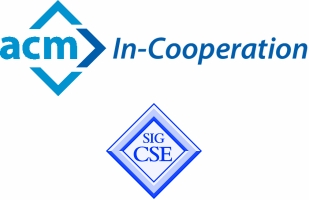Conference
The 24th Western Canadian Conference on Computing Education (WCCCE 2019) is a forum for discussing the development of computing programs and curricula, and for sharing innovative strategies and tools for teaching & learning in fields such as computer science, software engineering, computer technology, information systems and information technology. It will bring together educators from the western provinces, the rest of Canada, and beyond, giving them the opportunity to share their experiences and learn from one another. The Department of Computer Science at the University of Calgary is pleased to be hosting the conference in 2019.Venue
WCCCE 2019 will take place in Calgary, Canada on May 3 and May 4, 2019. The conference sessions will be held on the University of Calgary campus.Important Dates
- Submissions due: March 18, 2019
- Author notifications: Early April, 2019
- Conference: May 3 and 4, 2019
Keynote Speakers
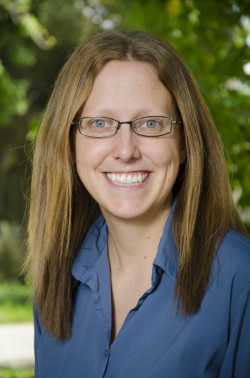 Colleen Lewis
Colleen Lewis
McGregor-Girand Associate Professor of Computer Science
Harvey Mudd College
Innovation and Best Practice in the Teaching and Learning of CS
There is growing demand for computer science (CS) at the college and pre-college levels. Yet the field of CS education, like CS itself, is relatively young. This raises concerns about the quality of instruction available to CS students. What questions do we need to answer about how to make CS interesting and accessible for all students? Education researchers studying older fields like math or reading have identified concepts such as place value and phonics that are fundamental to learning in their respective domains. Rather than starting from scratch, CS educators should look to research in these other fields to advance the teaching and learning of CS. In this talk, I will discuss examples of insights from these other domains and their implications for CS teaching and learning.
Bio
Colleen Lewis is the McGregor-Girand Associate Professor of computer science at Harvey Mudd College. At UC Berkeley, Lewis completed a PhD in science and mathematics education, an MS in computer science, and a BS in electrical engineering and computer science. Her research seeks to identify effective teaching practices for creating equitable learning spaces where all students have the opportunity to learn. Lewis curates CSTeachingTips.org, a NSF-sponsored project for disseminating effective computer science teaching practices.
 Robert McCartney
Robert McCartney
Associate Professor
University of Connecticut
Social Interaction and Critical Incidents: Students becoming Computer Scientists at University
The experience of a computing student at University involves a number of things: taking classes, doing assignments, interacting with other students, seeking employment, and a lot of other things that influence the student's development toward graduation. Some of these experiences, such as required courses, are shared by all the students; others, like studying abroad or doing an internship at a specific company, are more individual. In any case, the "same" experiences may affect students differently.
In this talk, I will discuss results from a longitudinal study of students studying computer science at the undergraduate level. Through a series of interviews, we observed the development of students throughout their years at University, and have identified factors that influenced the students along the way. Of particular interest were students' social interaction as they learned, the sorts of critical incidents that affected them, and their shifts in identity from novice to graduate.
Bio
Robert McCartney received his Ph.D. in Computer Science from Brown University. His work in CS Education has included student software design, commonsense computing, and threshold concepts and skills. He was the founding co-editor in chief of ACM's Transactions on Computing Education, served on the editorial board of Computer Science Education, and is currently serving as conference chair for ICER '19, to be held in Toronto this August.
Industrial Speakers
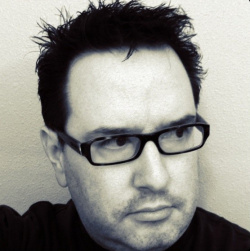 Thomas Lewis
Thomas Lewis
Principal Cloud Advocate Lead for Academic + Spatial Computing
Microsoft
Spatial Computing in Industry + Classroom
Called by many names such as Augmented Reality, Virtual Reality and Mixed Reality, Spatial Computing is the intersection of our digital world with the real world. How is industry thinking about it and using it today? How do we use it in the classroom? How do we prepare students for the next wave of software and hardware development? In this session, Thomas will discuss how Microsoft is developing spatial computing as the next generation of applications, the ways it is being used, and how it is starting to impact classrooms and the ways we teach students.
Bio
Thomas Lewis is a Principal Cloud Advocate Lead responsible for academic advocacy within Microsoft and also leads a team focused on spatial computing. Thomas has been at Microsoft for 20 years and has always played a role in advocacy and evangelism focusing on democratizing technology with an eye on inclusive design. As part of Microsoft's Developer Relations organization, Thomas' team engages with learners, educators and researchers to expand from the traditional approaches of working with the academic community to an approach that is inclusive and allows them to have a voice within Microsoft.
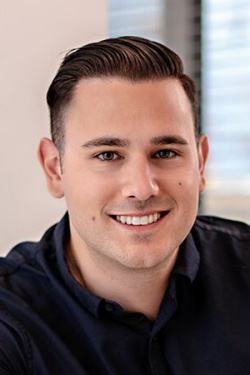 Lucas Pacentrilli
Lucas Pacentrilli
Software Engineer and Education Director
Phidgets, Inc.
Phidgets Inc: Take Coding to the Next Level
Phidgets are professional tech tools used by thousands of engineers, researchers and programmers worldwide. In this session, you'll learn about Phidget Inc.'s new educational tools that are being introduced to computer science students across Canada.
To learn more, visit https://www.phidgets.com.
Speaker Bio
Lucas Pacentrilli is a software engineer and education director at Phidgets Inc.
Cooperating Organizations
WCCCE 2019 is presented in cooperation with the ACM Special Interest Group on Computer Science Education (SIGCSE).
Sponsors
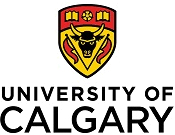

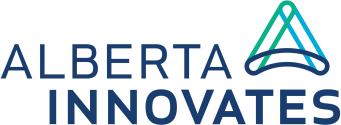




We extend our sincere thanks to all of our sponsors. This event would not be possible without your support.

